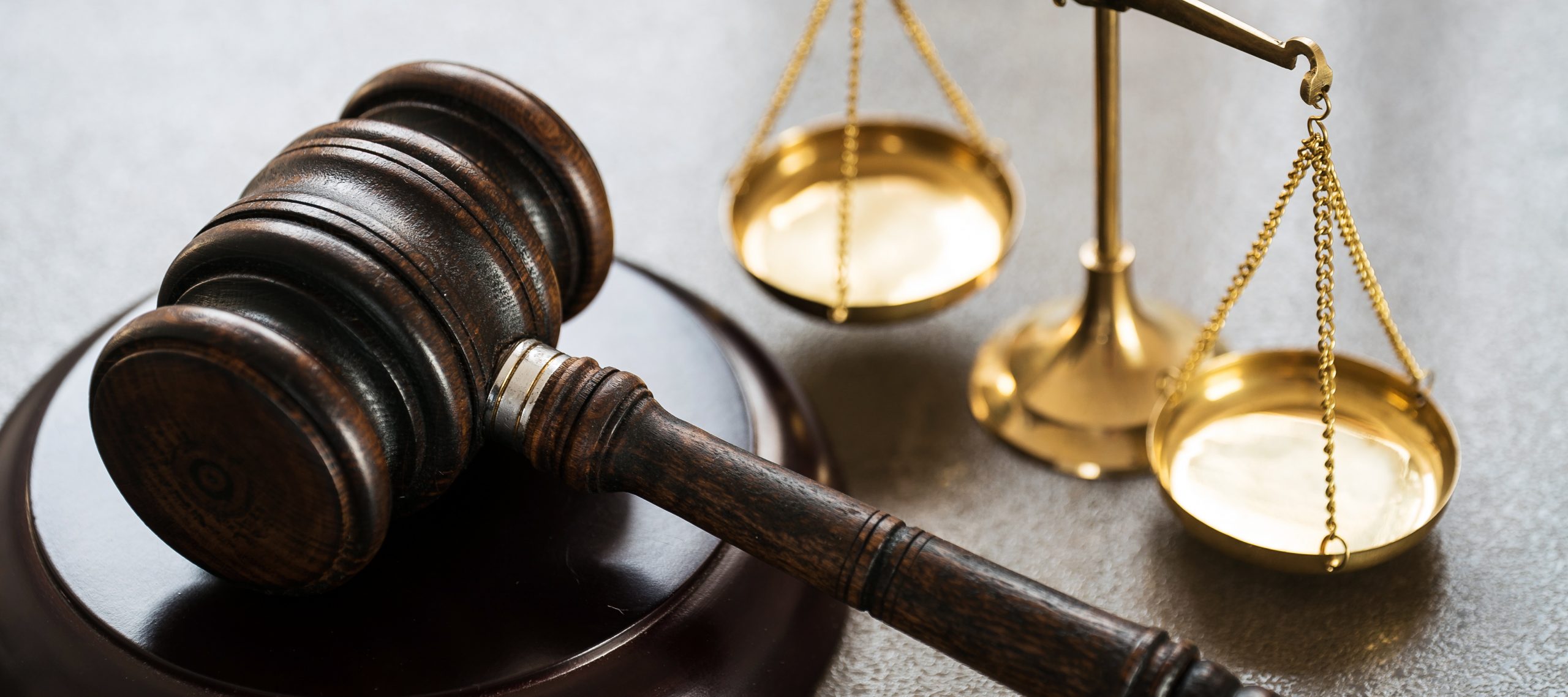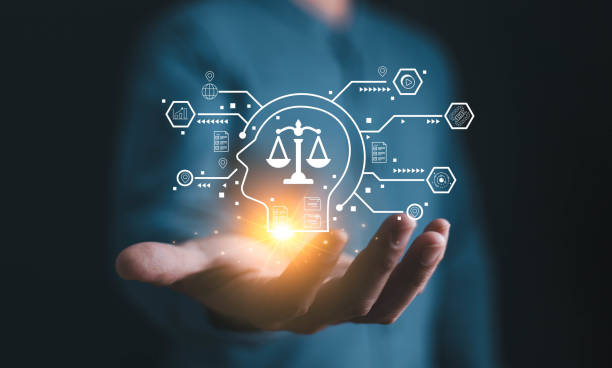
Interview with Nicolas Bouckaert, Partner and Co-Founder of Kennedys’ Paris Office
November 7, 2024
Interview with Liam Murray, Third-Seat Trainee Solicitor at Addleshaw Goddard
November 7, 2024In this article, Deborah Bryan shares her experience as a participant in an international educational program focused on eco-technology and law.
If I had to describe my time in the 2024 Femme Lex Cohort Eco-Technology Justice edition, I would say it was empowering. Many will ask what is the Femme Lex Cohort? The Femme Lex Cohort is a Mentorship program for young women all over the world seeking to broaden their knowledge on emerging issues in law, technology and the environment. The program runs for 8 weeks where participants are able to meet mentors, professionals and experts in various fields that impart the necessary skills needed to understand these issues. Its partners and affiliates include esteemed organizations like the United Nations, CARICOM, Humane Intelligence, Blockchain Lex Group, The World Trade Organization, DLA Piper, and Global Citizen just to name a few.
As someone committed to addressing the global challenges of climate change in the Caribbean, I recognized that technology plays a significant role in creating a more sustainable future. I was drawn to the potential for personal growth and the opportunity to learn from professionals covering vast areas of concern such as AI, climate technology, law, and cryptocurrency. I was therefore honored to be able to secure an interview with Gabrielle Gay, the visionary Founder of the FLC Cohort, who shared her journey towards creating the program and her vision for what lies ahead.
At the beginning of the program, we were given the unique opportunity to meet other participants from diverse backgrounds, including lawyers, climate professionals, engineers, software developers, law and science students, and even Parliamentary Counsel! The host and Founder, Ms. Gay, greeted us with an endless burst of energy and excitement, promising that the next eight weeks would be life-changing—and I must say, it was everything I had hoped for. These virtual sessions convened three times a week. Mondays and Wednesdays were designated class sessions, featuring professionals versed in areas such as cryptocurrency, climate technology, AI governance, Fintech, and technology in the Caribbean. The Friday sessions were Legal Luminary Mentorship sessions, where esteemed experts and CEOs spoke to the class about building their legacy and the importance of their work. Some notable mentors included Dr. Rumman Chowdhury CEO of Humane Intelligence, Attorney Brian Mondoh, Co-Founder of CryptoMondays, Ms. Jennifer Britton of CARICOM ICT4D, Dr. Jan Remy of the Shridath Ramphal Centre and the World Trade Organization, and Michael Sheldrick, Co-Founder of Global Citizen.
I can distinctly recall being impacted by Dr. Jan Remy’s presentation, where she explored the crucial role of litigation in the fight for climate justice. Since one of my main reasons for joining FLC was to deepen my advocacy for climate issues, this session stood out to me. It clarified the legal rights and obligations that states have and emphasized the provision of adequate remedies in the enforcement of climate laws. Dr. Remy explained how litigation defines legal rights and duties related to climate action, highlighting the law’s power to hold governments and corporations accountable for combating climate change. The session emphasized how litigation ensures that climate laws are enforceable and offers remedies for those affected by climate injustices, making it clear that legal action can drive meaningful change. I walked away with new skills I can apply in my future career, as well as a deeper understanding of the issues we addressed.
My interview with Gabrielle Gay, the Founder of the FLC program, left a lasting impact. When describing why she began this program, she cited her insatiable love for education. At just 13 years old, she created The Gabrielle Gay Award for Excellence in Reading and Literacy Mentorship Programme – the first, most awarded, and largest literacy education program of its kind to emerge from the Caribbean. As a final year law student navigating the education system, Gay recognized a gap in the level of support provided to female students, particularly in Small Island Developing States (SIDS) and Developing Countries. This gap, especially for women of color and those from developing countries, was exacerbated during the pandemic. She realized the need for external support from the third private sector. With these issues in mind, she decided to create a space for women of color and other minorities to learn and grow in the fields of climate, technology, and law. This was especially important in light of the rise of tech-based crimes, such as AI-driven revenge porn affecting women worldwide.
In defining and creating the term ‘Eco-Technology Justice’ Gay explained, “To truly transform the world via policy, we must take a three-pronged approach, and that is the essence of eco-technology justice.” The ‘Eco-Technology’ aspect involves liaising with all sectors of technology and climate technology to ensure sustainable and ethical development. Gay emphasized the importance of regulating technology in a way that benefits society without exacerbating the climate crisis. She envisions a crossover between various professional fields—lawyers, climate scientists, and technology developers—to create the best regulatory frameworks possible. This collaboration would not only mandate the use of renewable energy but also criminalize tech-based crimes of all kinds, ensuring that even tech infrastructure is part of the sustainable solution.
When asked about the short- and long-term impacts of the program, Gay highlighted both immediate and far-reaching benefits. In the short term, the knowledge gained during the weekly sessions serves to educate participants and guide them on career paths, particularly in areas that intersect the environment, technology, and law. In the long term, ambassadors, who are graduates of the program, participated in passing the historic 2024 Eco-Technology Justice Resolution, the first of its kind in the world. This Founderadvocates for the regulation of emerging technologies, such as AI and Bitcoin, to address both environmental concerns and issues affecting minorities. Ambassadors can use this Resolutionas a mechanism for advocacy and a platform for change, and it will be tabled and discussed at multiple global high-level events for change.. They can also pass on the knowledge they’ve gained, ensuring that the cycle of education continues and expands.
The Eco-Tech Justice Cohort has already seen significant success since its launch in 2020. Starting with just eight ambassadors, the program has grown exponentially. Today, it boasts a cohort of over 400+ ambassadors, spanning every continent of the globe. This growth, largely and impressively driven by FLC Ambassador testimonials themselves, is a testament to the program’s impact and the quality of the education it provides. One of the most telling indicators of success is the number of repeat participants and the positive feedback from ambassadors. The program is designed to be deeply student-centric and supportive, which sets it apart from many traditional educational models. Mentors and tutors are selected based not only on their expertise but also on their genuine care for the participants’ well-being, creativity, mental health, and success. In fact, the selection process took an entire year! The dedication to excellence is evident as the FLC programme yet again recorded record-breaking feedback scores from participants: receiving multiple 100% positive feedback ratings and solidifying its position as the highest rated legal mentorship programme of its kind globally.
Looking ahead, Gay remains committed to consistently improving and elevating the program each year. Although it received over 4000 applications and expressions of interest, Gay sought to prioritize selecting women who demonstrated a truly genuine passion for learning and advocacy. When asked about future improvements to the program, she said, “We are committed to staying revolutionary while maintaining a student focused, caring, and inclusive environment. In doing so, we aim to revolutionize education as a whole, as well as justice, the legal profession, and policy advocacy. Each year, we will continue to release fully developed legal, climate and technology students and professionals who are fully equipped to create actionable change for the future. For me, that is the truest measure of improvement.”





